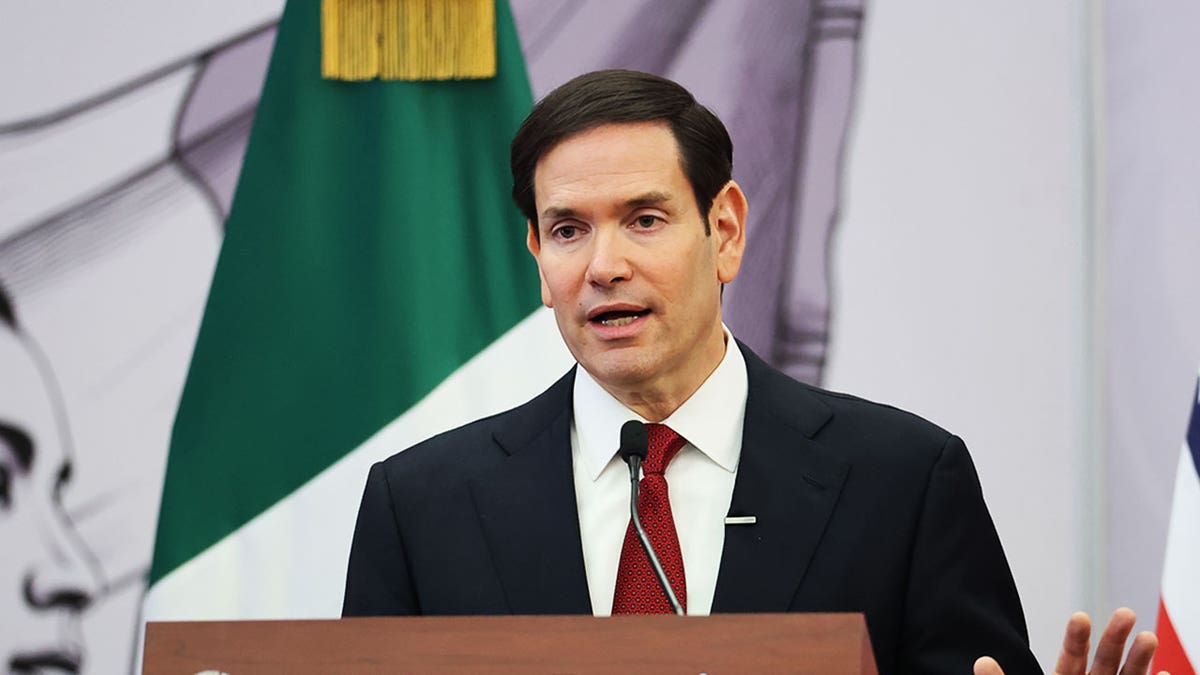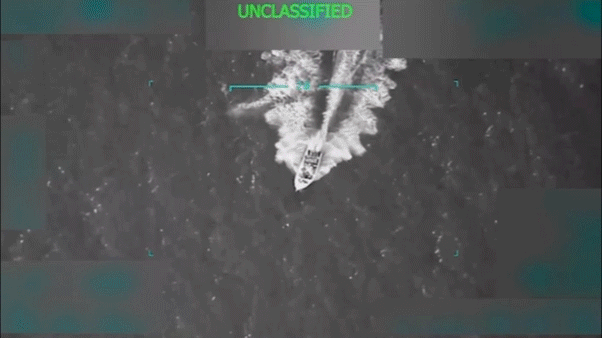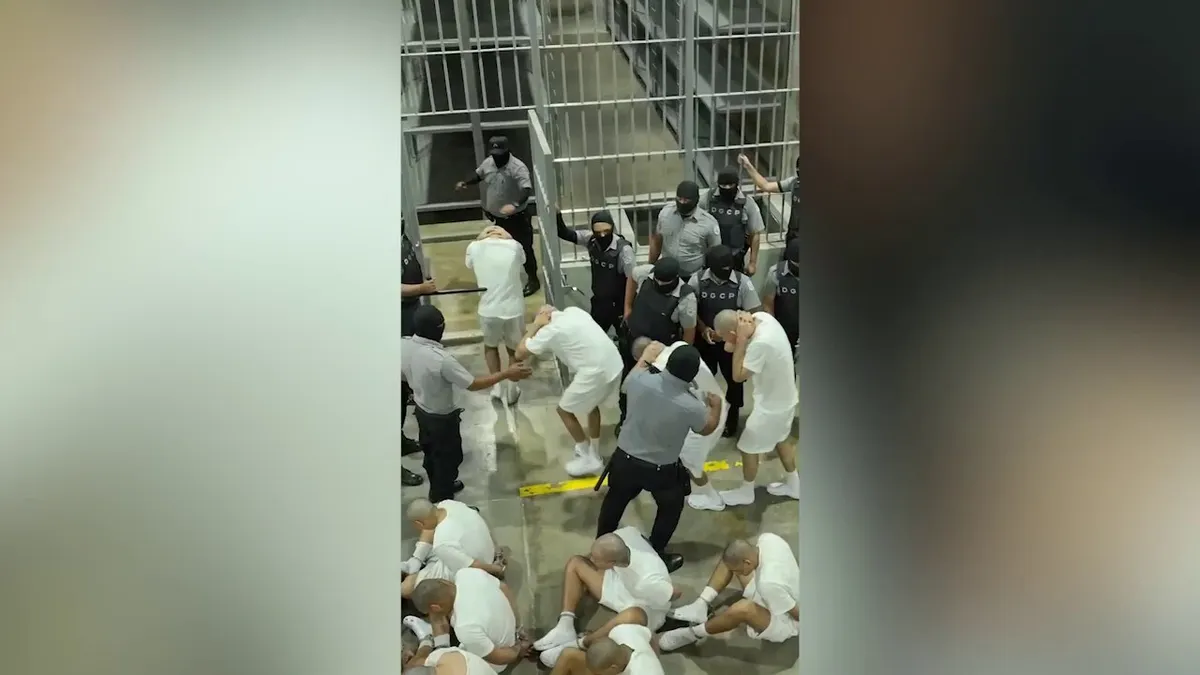U.S. Secretary of State Rubio Defends Strike on Venezuelan Cartel Vessel, Vows More Action
Strike on vessel in southern Caribbean killed 11 members of Tren de Aragua and signals a shift from seizure operations to direct strikes against narco-terrorist groups, Rubio says
U.S. Secretary of State Marco Rubio defended a U.S. military strike on a vessel off Venezuela that Washington says was carrying members of the Tren de Aragua criminal group, and pledged further action against cartel networks operating in the Caribbean.
The strike, carried out Tuesday in the southern Caribbean Sea, reportedly killed 11 people and targeted a vessel the United States said was moving narcotics toward the U.S. The administration has characterized the move as part of a new posture against what it calls "narco-terrorism," departing from a previous focus on seizing shipments and apprehending suspects.

Rubio told reporters Wednesday that the strike was justified and that the United States will not "sit back anymore" while cartel groups move freely through the region. "We're not going to sit back anymore and watch these people sail up and down the Caribbean like a cruise," he said, framing the action as a response to what the administration deems a direct threat to U.S. national security.
The government of Venezuelan President Nicolás Maduro condemned the operation, accusing the United States of seeking "regime change through military threat" amid what Maduro described as a buildup of U.S. forces in the Caribbean. Maduro's office said the strike infringed on Venezuelan sovereignty and risked escalating tensions in the region.

U.S. officials have labeled Tren de Aragua a terrorist organization; the group was designated as such in February. Tren de Aragua originated in Venezuela and has been implicated in smuggling, extortion and violent crime across several countries in Latin America. U.S. statements about the strike described the targeted vessel as linked to that organization and engaged in narcotics trafficking.
The strike marks a notable policy shift. For years U.S. operations against transnational criminal organizations prioritized interception and arrest, in coordination with regional partners. The decision to carry out a lethal strike at sea reflects a more forceful approach that administration officials say is necessary to disrupt sophisticated trafficking networks that, they contend, endanger U.S. citizens and interests.
Rubio, speaking from a press event, said the president had determined that narco-terrorist organizations pose a threat to national security and warranted a different response than past practice. He framed the strike as part of a broader effort to disrupt logistics and command structures within cartels and to deter further maritime trafficking.
International responses were mixed. Some regional governments have expressed concern about escalation and the potential for collateral harm, while some U.S. allies privately signaled support for robust measures against criminal networks that move large quantities of illicit drugs toward U.S. markets. Humanitarian and legal experts cautioned that lethal strikes carry risks, including misidentification and civilian casualties, and underscored the importance of clear legal authority and transparent investigation.

U.S. officials have not released a full public account of the operation's planning, rules of engagement or the intelligence assessments that led to the strike. The White House and the Pentagon have said they will review and, where appropriate, disclose additional details. Congressional leaders and international partners may press for briefings as lawmakers assess the legal and strategic implications of a tougher U.S. posture in the Caribbean and off Venezuela's coast.
Rubio said the administration was prepared to continue similar operations where intelligence supports them and where the actions are consistent with U.S. law and obligations. The announcement and subsequent diplomatic fallout underscore the tension between aggressive counter-drug measures and concerns about sovereignty and escalation in an already volatile region.